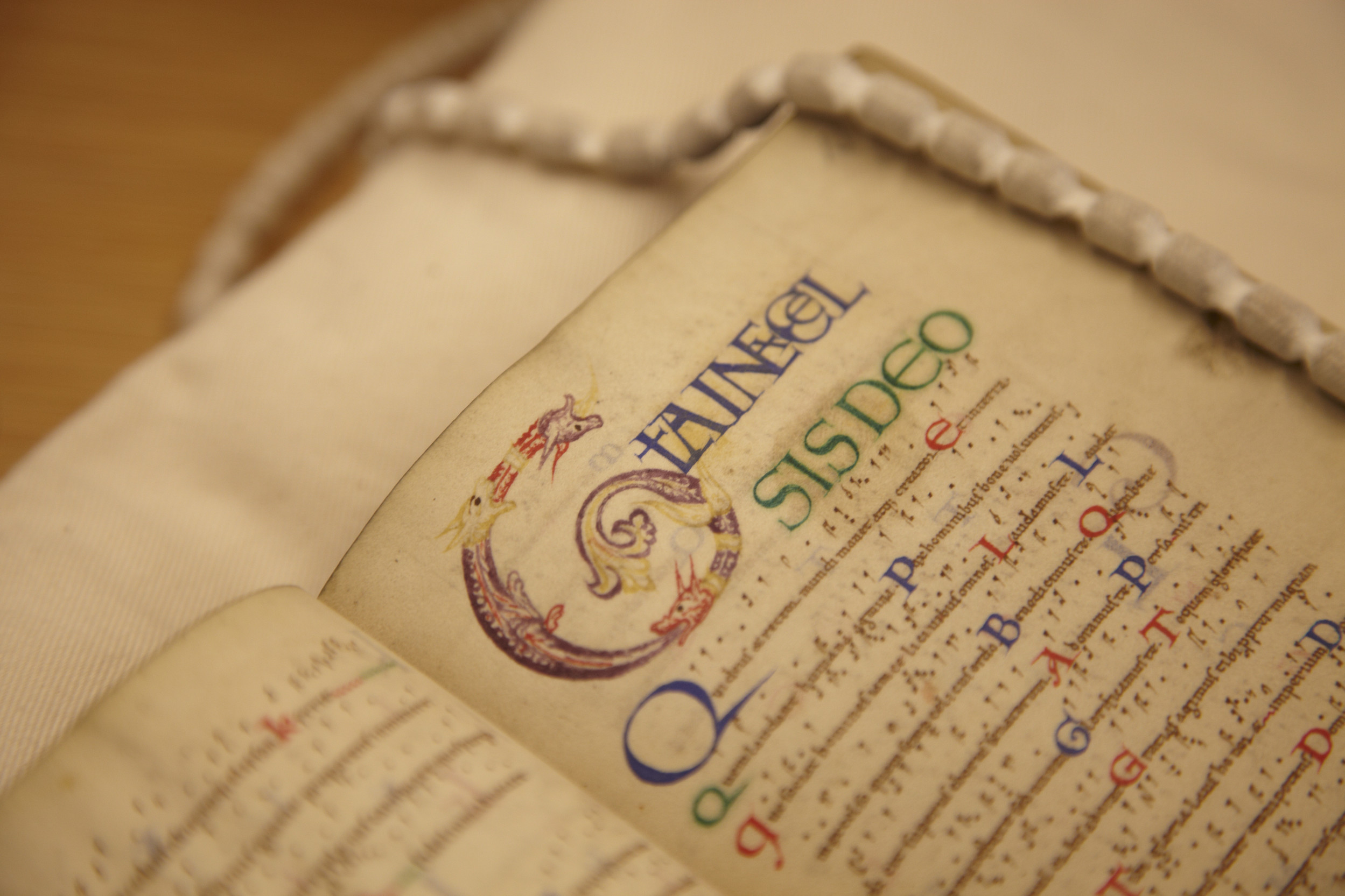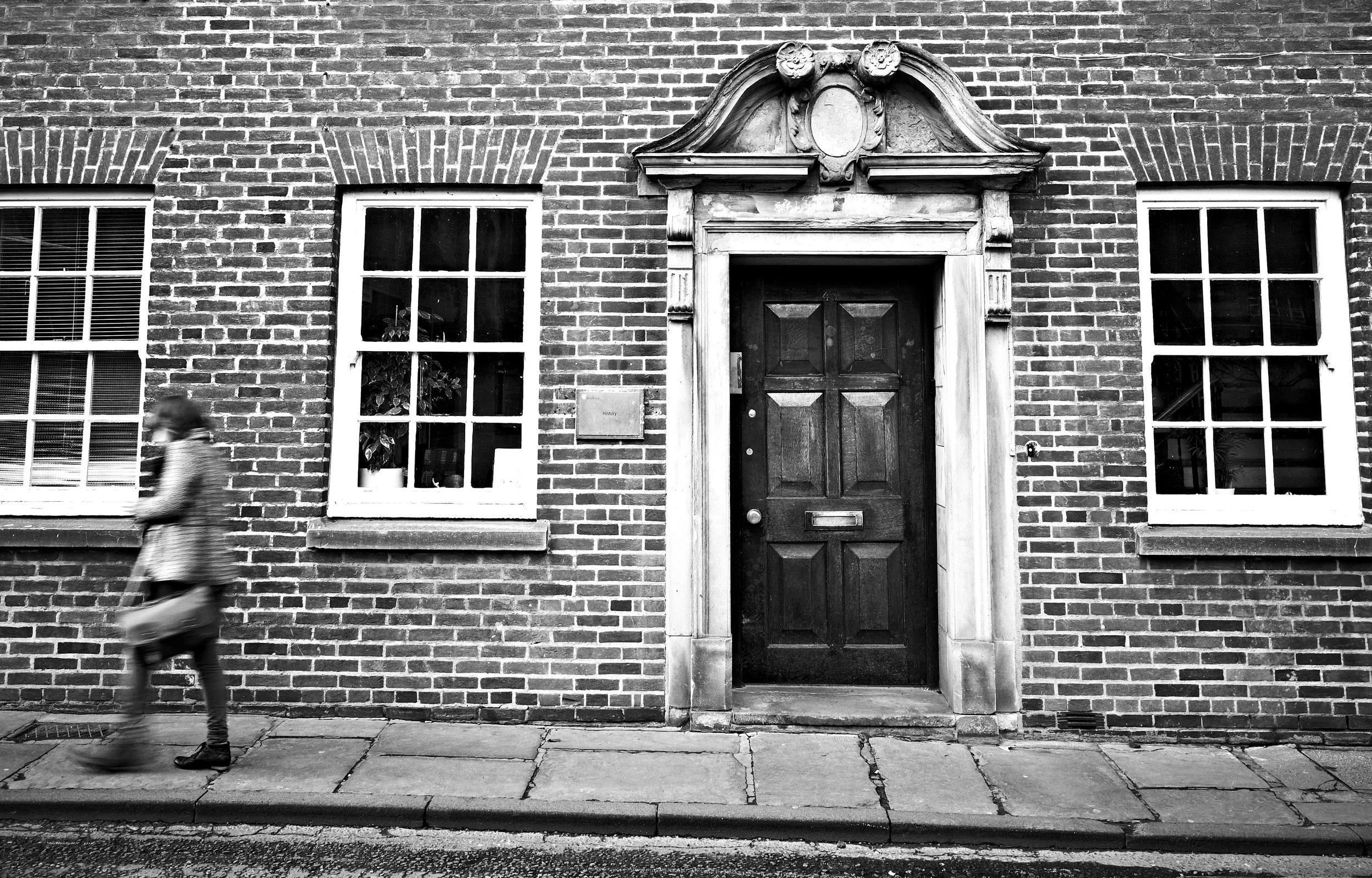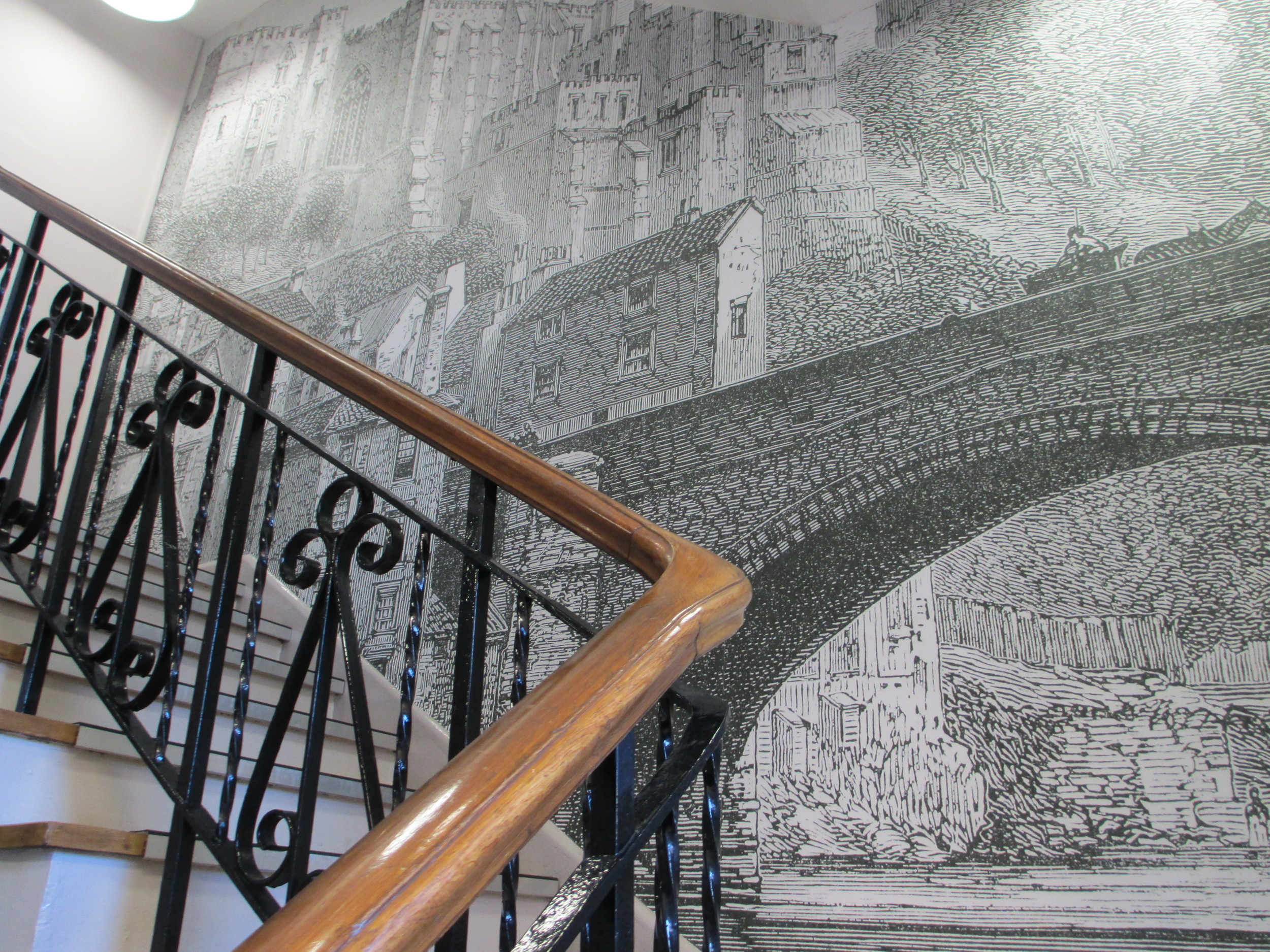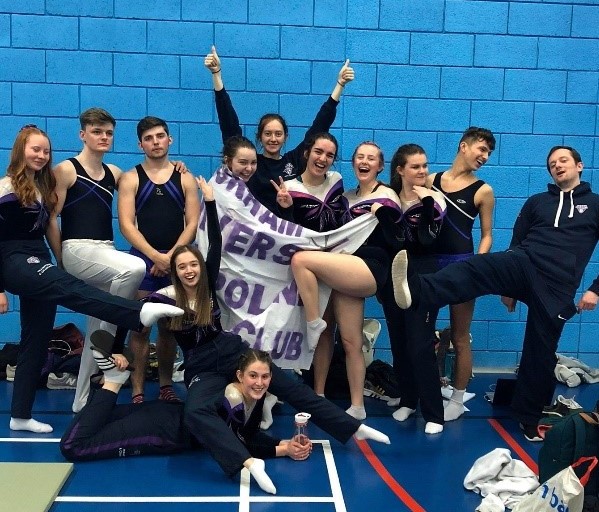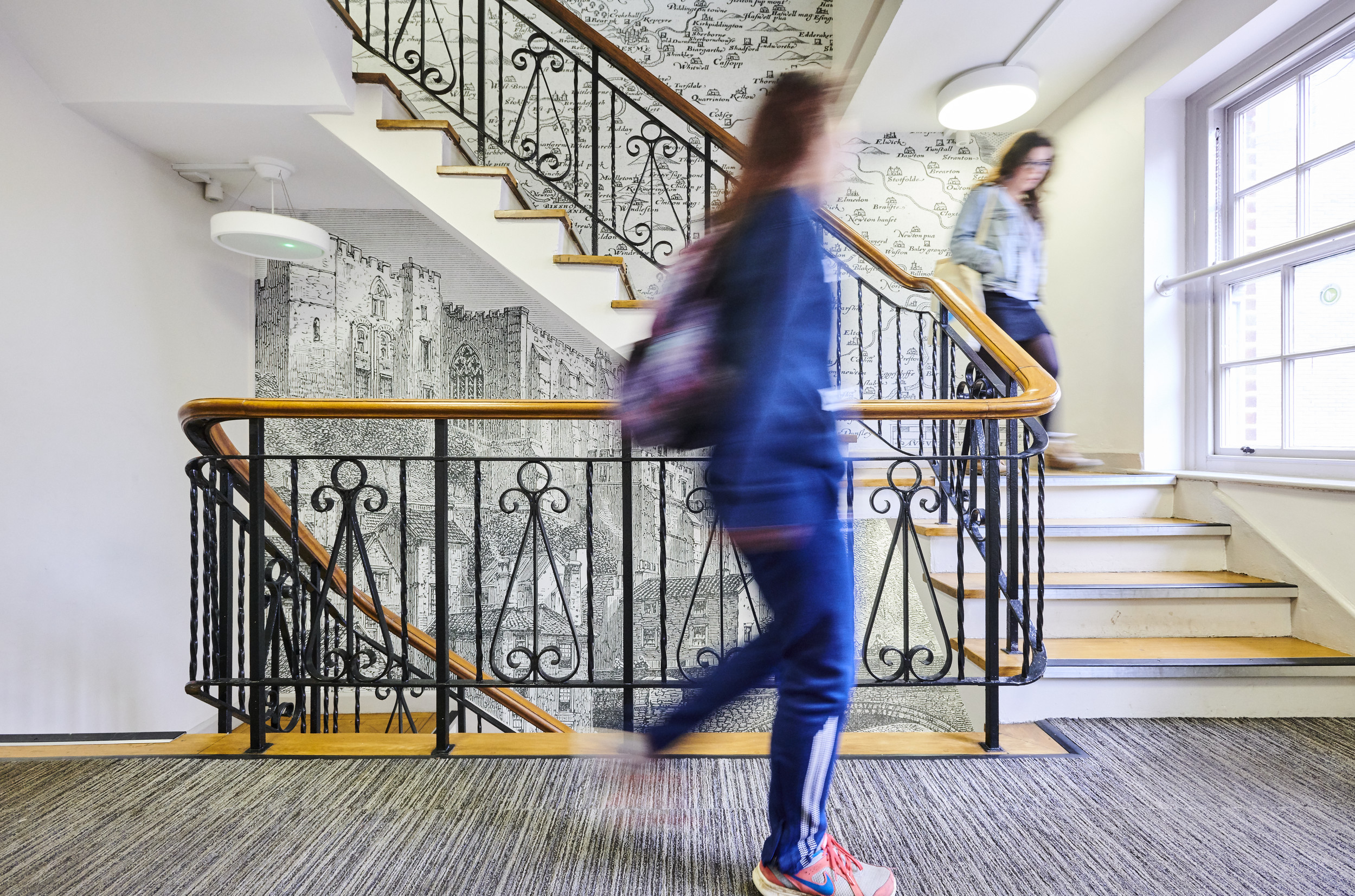Department of History
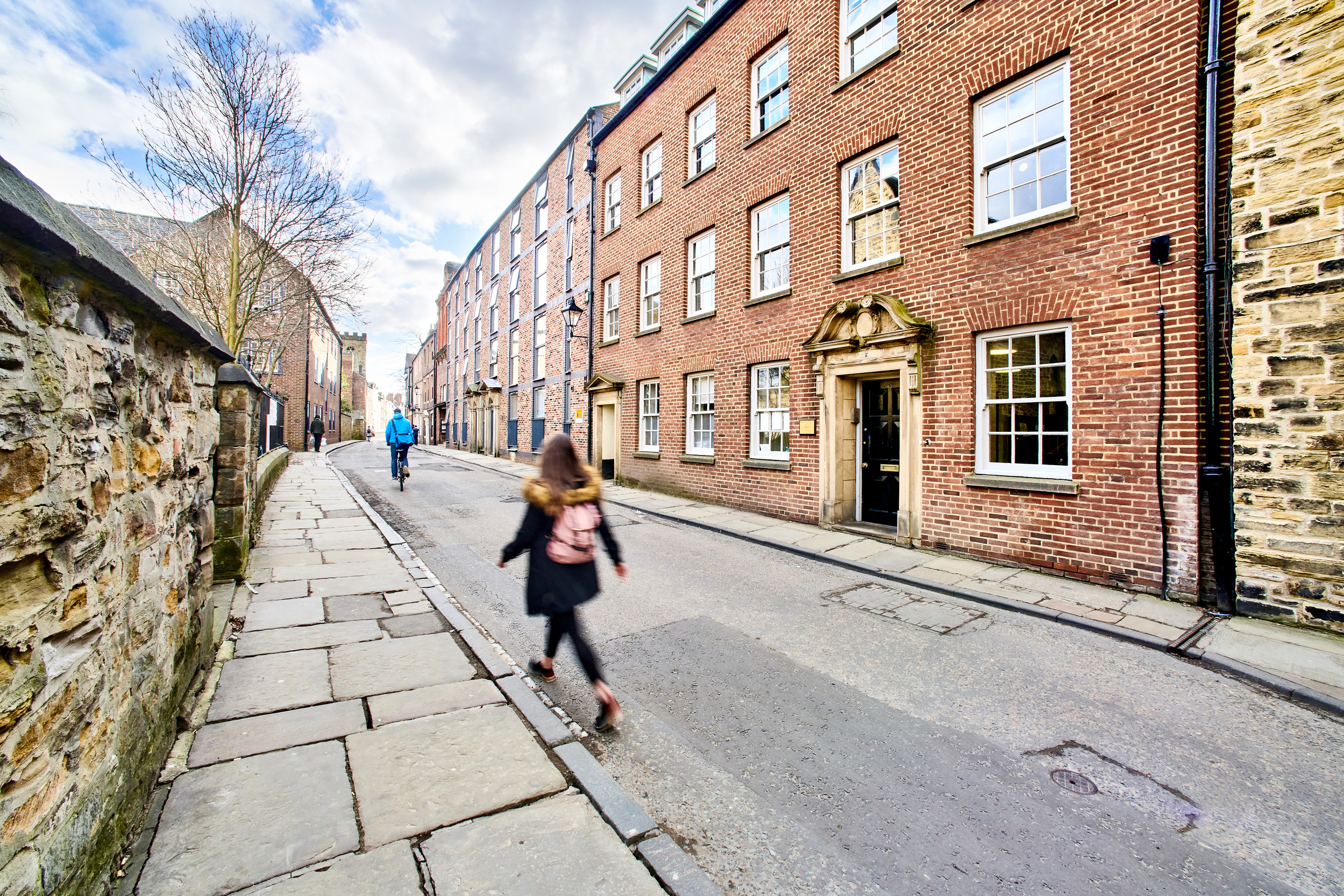
Welcome to the Department of History
Welcome to the Department of History. We are a successful, expanding department, engaged in teaching and research across an exceptional range of chronological, geographical and thematic areas.
Ranked among the world's best
Study with Us
Learn more about our degree programmes using the links below
Undergraduate study
Postgraduate study
Look at our latest video
Rachel Johnson is Assistant Professor at the Department of History at Durham University. Her main research interest lies in the modern history of South Africa, in particular on the involvement of young people in the anti-apartheid movements from the mid-1970s onwards.
Department News
Pioneering collaboration will create new Green Corridors in the North East
We’re part of a collaboration to create three new ‘Green Corridors’ in the North East of England, transforming urban, suburban, and rural areas across the region.
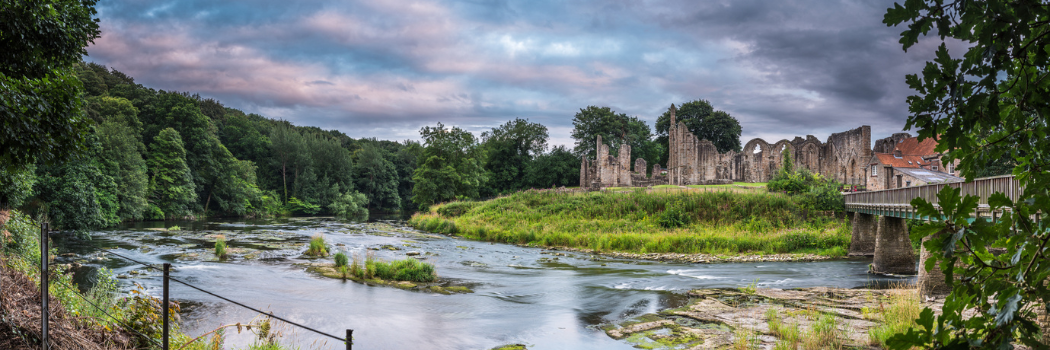
A book won an international award
Reporting from Humour as Political Coping Mechanism conference
Find out more
Diversity and inclusion
Find out more about our Equality, Diversity and Inclusion initiatives.
Job opportunities
See current job opportunities.
Our research
Find out more about our research.
Alumni
Find out more about our alumni community.
Our location
The History Department at Durham has established itself firmly as one of the top departments in the UK.
Student blogs
Hear from our history students at Durham University.
Highlights
My Supported Progression journey
24 hours in the life of a 2nd year History student
Social feeds
Get in touch
Find out more about our department, courses and support. Contact us by phone or email below.
Department of History
Durham University
43 North Bailey
Durham
DH1 3EX
+44 (0) 191 334 1048
Questions about studying here?
Check out our list of FAQs or submit an enquiry form.
Your Durham prospectus
Order your personalised prospectus and College guide here.



/prod01/prodbucket01/media/durham-university/departments-/history/77174-1.jpg)
/prod01/prodbucket01/media/durham-university/departments-/history/77224-500X356.jpg)

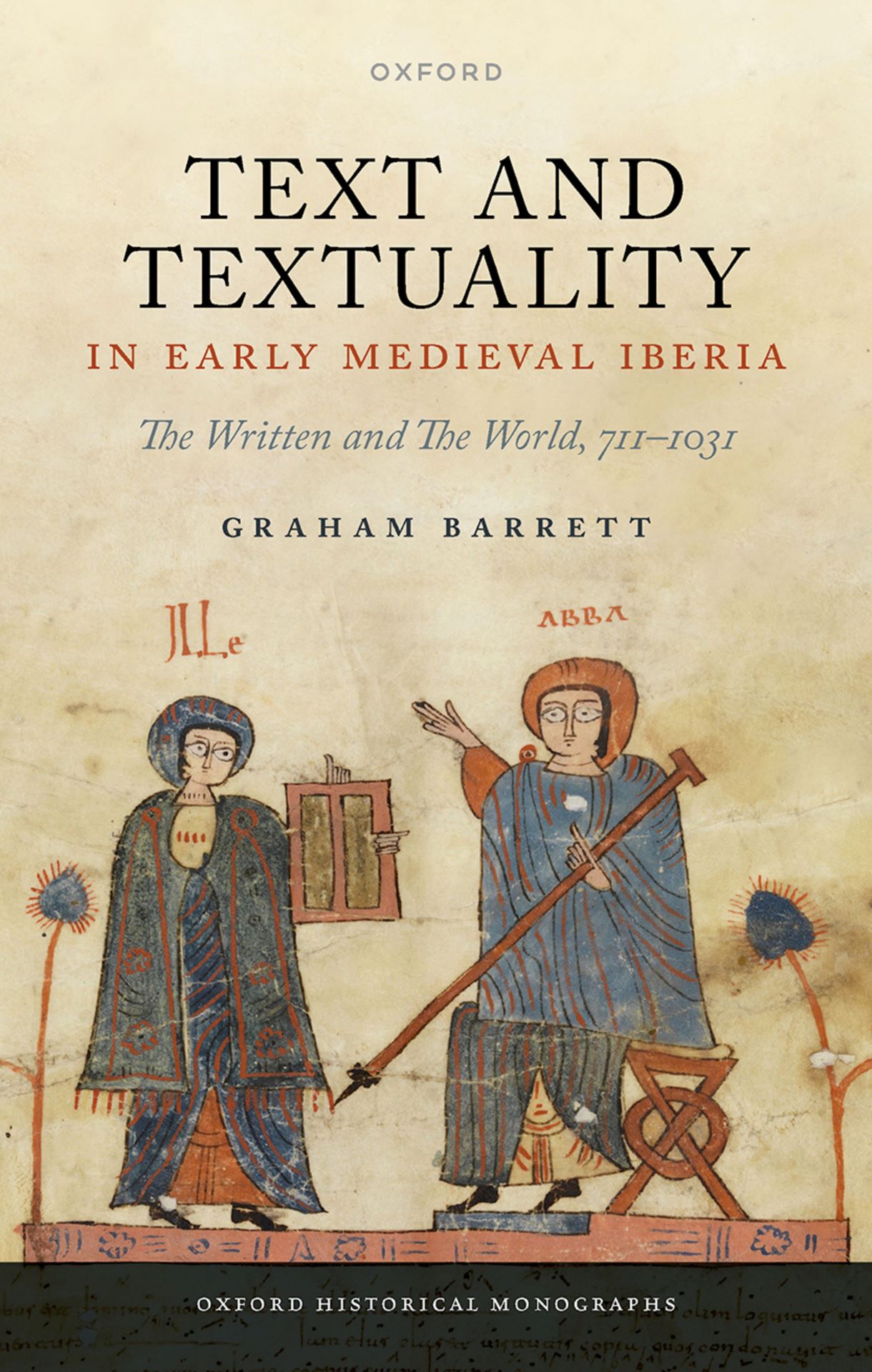
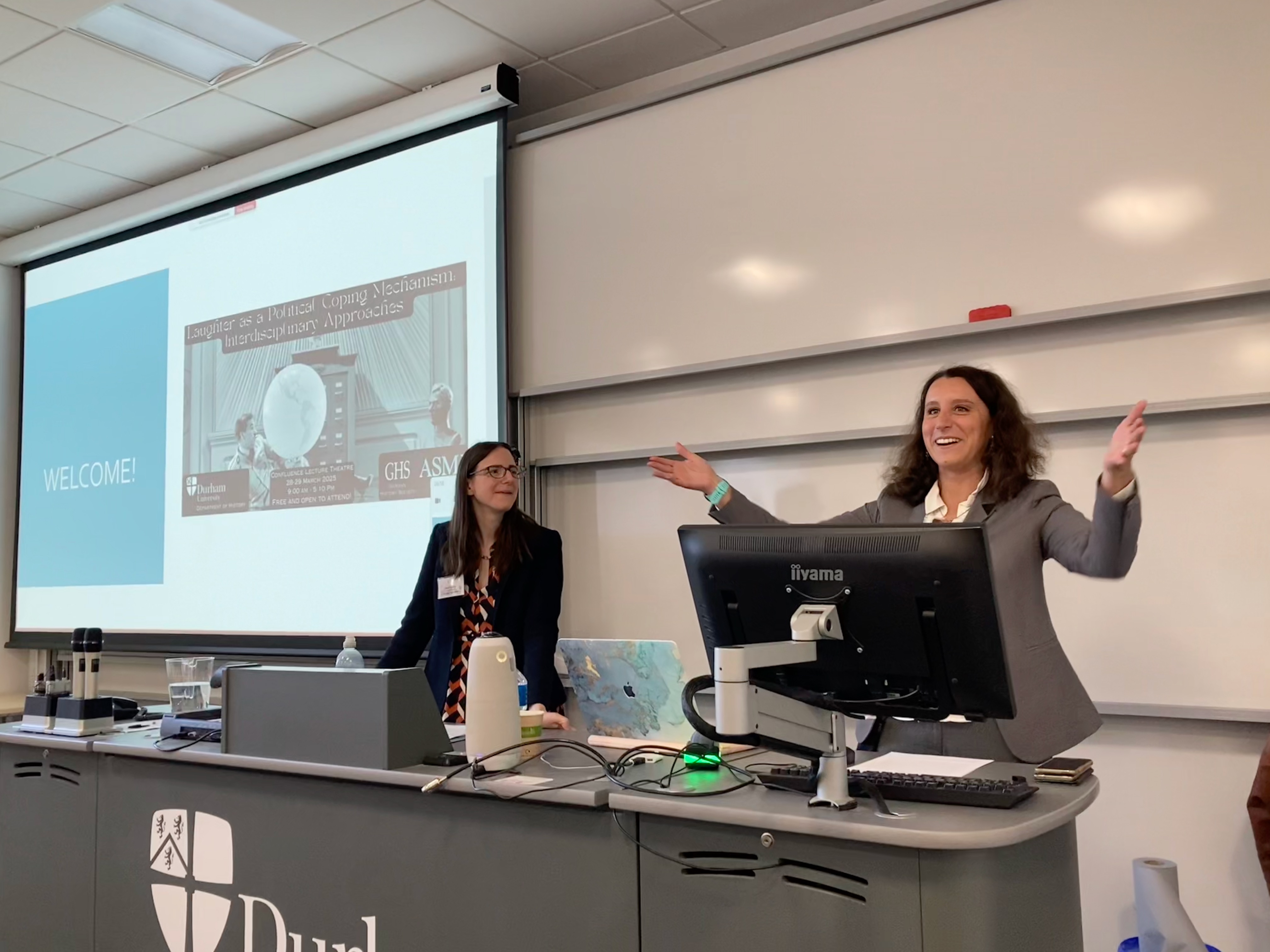
/prod01/prodbucket01/media/durham-university/departments-/psychology/Inclusion-1-600X375.jpg)
/prod01/prodbucket01/media/durham-university/departments-/history/77127.jpg)

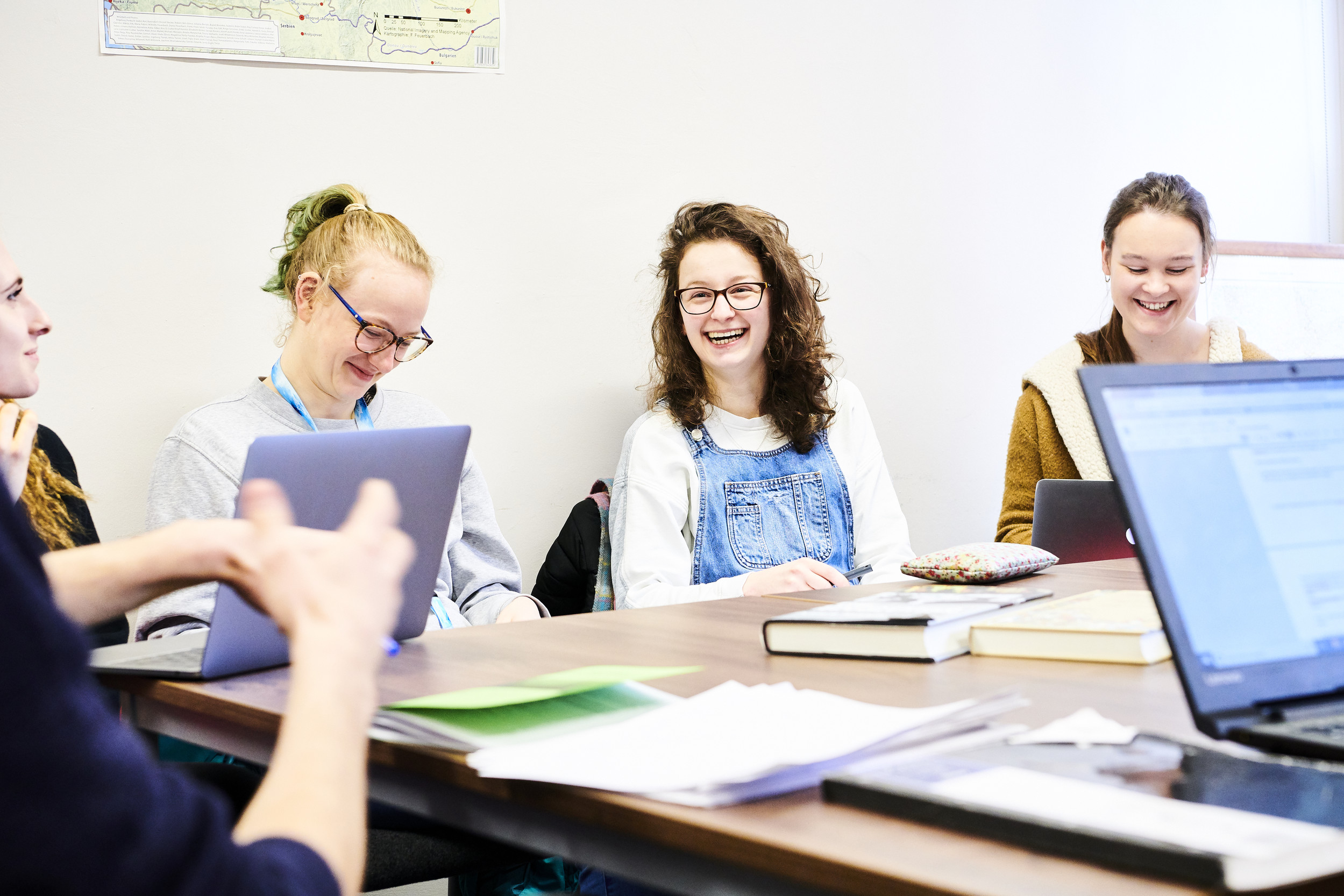
/prod01/prodbucket01/media/durham-university/departments-/history/32532.jpg)
/prod01/prodbucket01/media/durham-university/departments-/history/65878-2-2498X1598.jpg)
